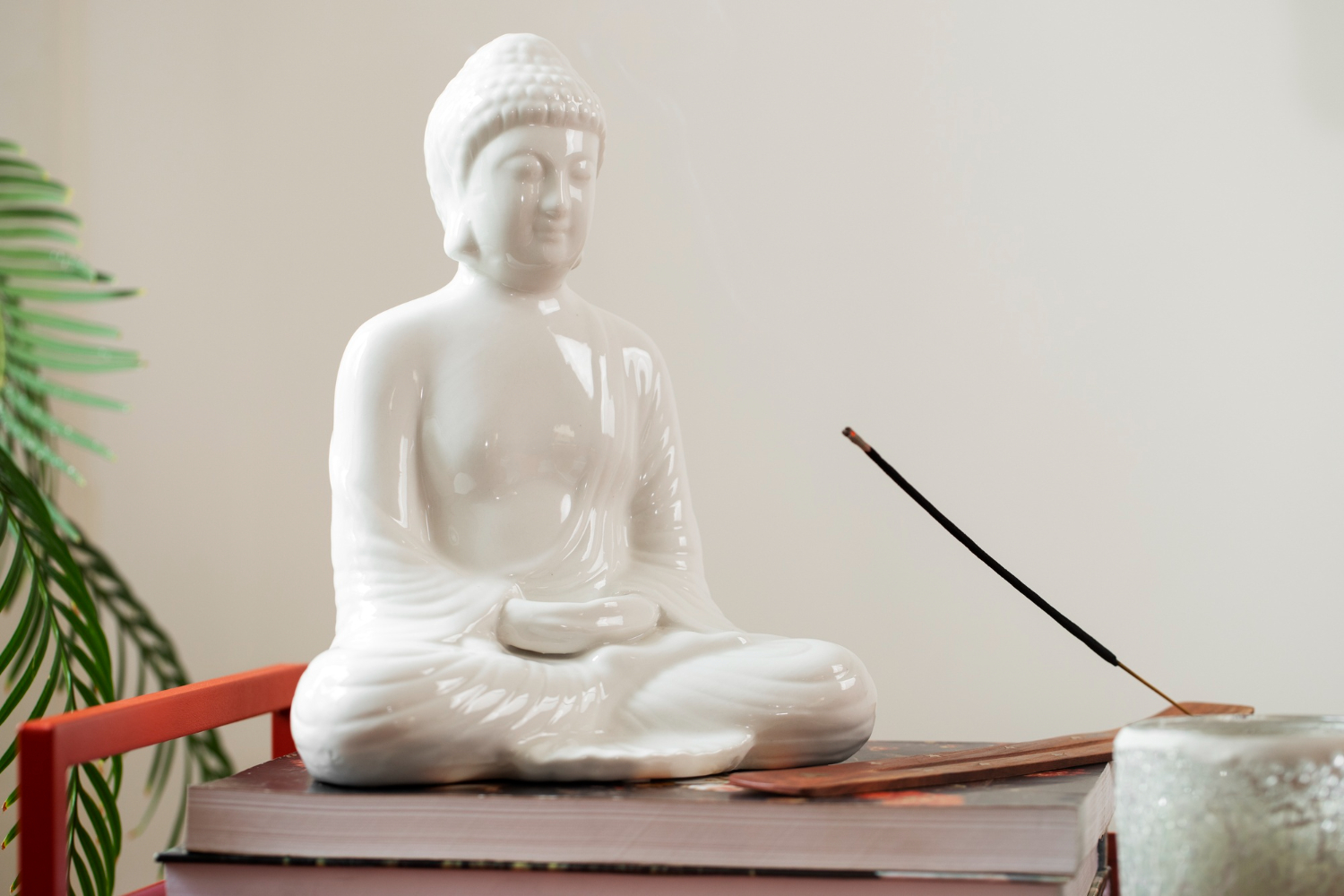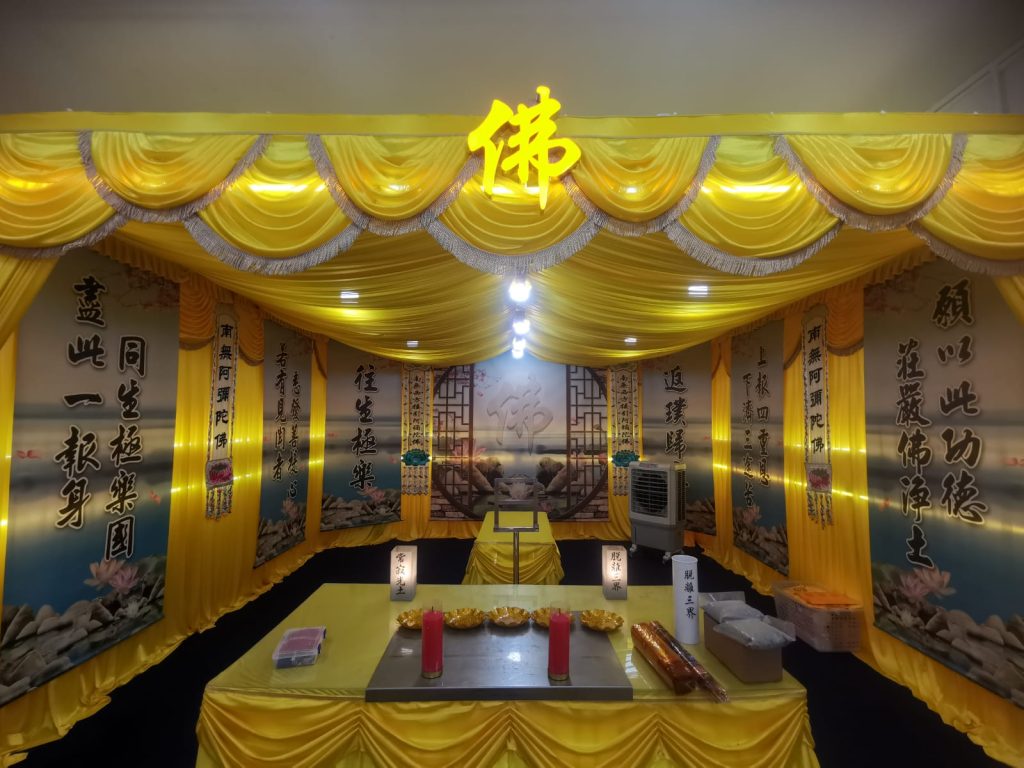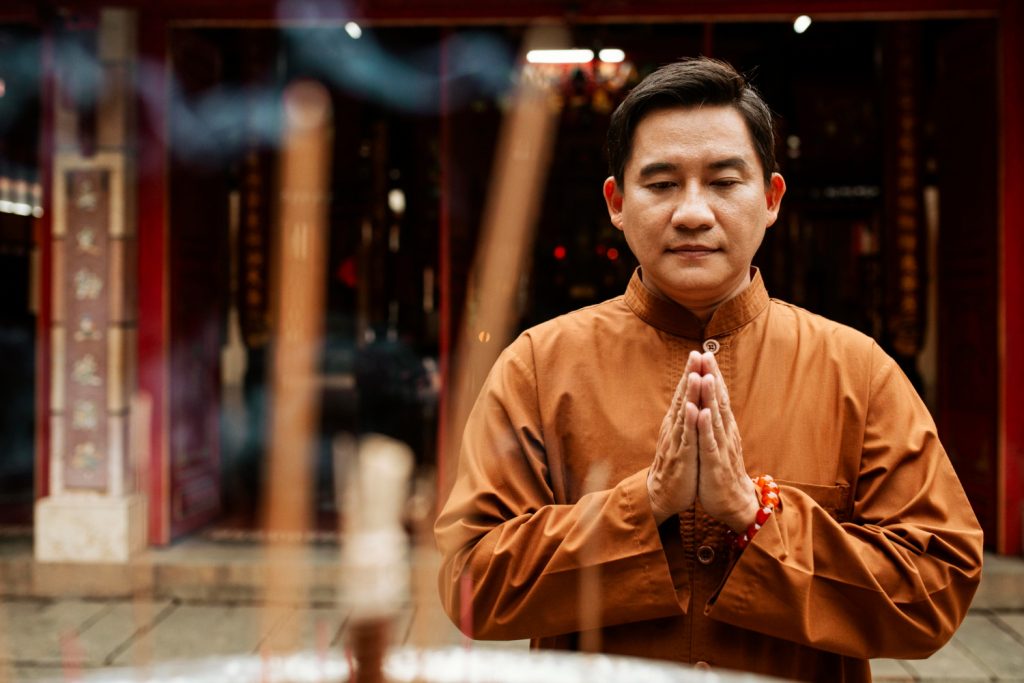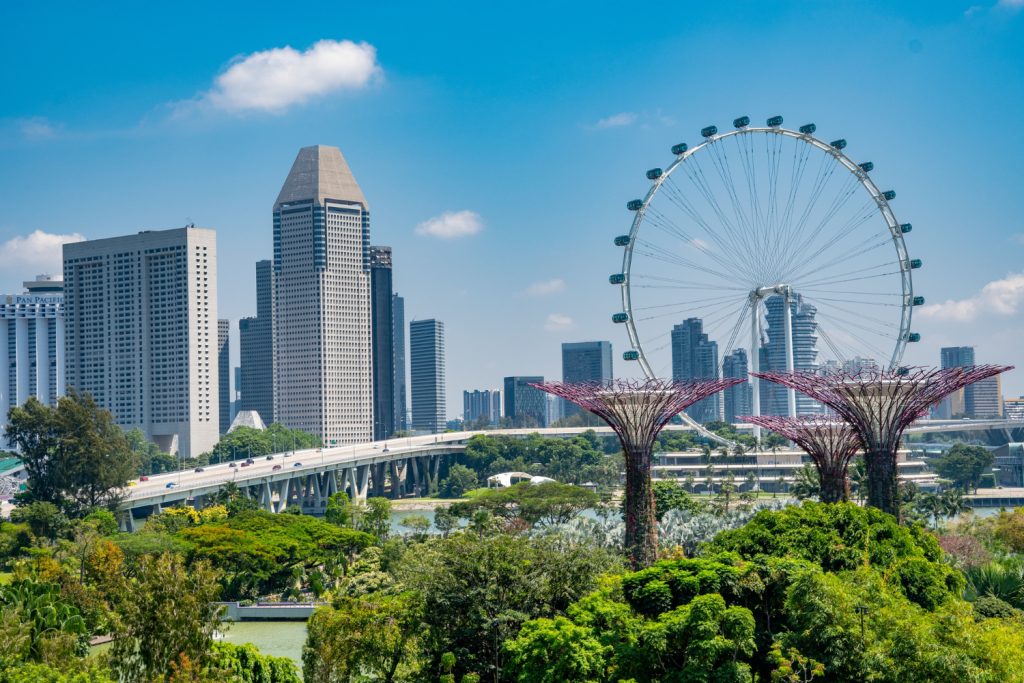
In our diverse and multicultural society, it’s important to have a basic understanding of various cultural traditions, including those related to funerals. One such tradition is Buddhist funeral customs. Buddhism is a significant religion in Singapore, with many Singaporeans following its teachings and practices. Funerals hold a special place in Buddhist culture, reflecting the belief in the impermanence of life and the importance of showing compassion and respect for the deceased.
This article aims to provide a simple and informative guide to help Singaporeans understand Buddhist funeral traditions. Whether you are attending a Buddhist funeral for the first time or simply wish to broaden your cultural knowledge, we’ll walk you through the key beliefs, rituals, and customs associated with Buddhist funerals. By the end, you’ll have a better grasp of what to expect and how to respectfully participate in these important ceremonies.
Before we delve into the details, let’s briefly explore the core beliefs of Buddhism and how they influence funeral practices. This foundation will help you appreciate the significance of each ritual and gesture during a Buddhist funeral. So, let’s begin our journey of understanding Buddhist funeral traditions in Singapore.
At the heart of Buddhism are the Four Noble Truths, which serve as the foundation of Buddhist teachings. Understanding these truths is crucial to comprehending the philosophy behind Buddhist funeral traditions.
The Eightfold Path consists of eight interconnected principles that guide individuals toward living a balanced and virtuous life. It is often referred to as the path to enlightenment. These principles include:
During Buddhist funerals, the Eightfold Path serves as a reminder of the importance of virtuous living and cultivating a compassionate and mindful attitude.
Buddhists believe in the concept of karma, which suggests that our actions have consequences. Good deeds lead to positive outcomes, while bad deeds result in negative consequences. This belief in karma influences the way Buddhists approach death and the idea of rebirth or reincarnation. In the context of funerals, it emphasizes the importance of performing merit-making actions and positive rituals to benefit the deceased in their next life.
Understanding these core beliefs of Buddhism helps set the stage for comprehending the significance of Buddhist funeral rituals and traditions. In the following sections, we will explore the various stages and customs associated with Buddhist funerals in Singapore, from the initial preparations to the post-funeral period.

Now that we have a foundational understanding of Buddhist beliefs, let’s delve into the preparations that take place before a Buddhist funeral in Singapore.
When a loved one passes away, the family notifies friends, relatives, and the local Buddhist community. The aim is to ensure that people come together to support the grieving family and honor the deceased. This community support is a fundamental aspect of Buddhist funerals.
Buddhist monks play a central role in the funeral process. They are often called upon to provide spiritual guidance, perform religious rituals, and lead prayers. Monks offer solace to the family and help guide the deceased on their journey to the afterlife.
The family typically works with a funeral home to make arrangements for the funeral service. These arrangements may include selecting an appropriate casket or urn, coordinating transportation, and securing a venue for the ceremony.
In Buddhist tradition, it’s important to create a serene and peaceful atmosphere for the deceased. This includes setting up an altar with a portrait of the deceased, flowers, candles, and incense. The altar serves as a focal point for prayers and offerings.
Now that we’ve covered the preliminary preparations for a Buddhist funeral, let’s explore the specific rituals and customs that take place during the funeral service itself.
Chanting and reciting mantras are integral parts of Buddhist funeral rituals. Monks and attendees may chant sutras (sacred texts) to guide the deceased on their journey and offer blessings.
Families offer food, incense, and other symbolic items to the deceased as a way to provide comfort and support for their transition to the afterlife. These offerings are made with deep reverence and devotion.
Family members and close friends often share anecdotes and memories of the deceased during the funeral service. This serves as a way to celebrate the person’s life and offer comfort to those grieving.
Buddhists believe in the accumulation of merit through good deeds. Many rituals and offerings during the funeral are considered acts of merit-making, intended to benefit the deceased in their future rebirth.
Understanding these rituals and customs helps attendees navigate a Buddhist funeral respectfully and with a greater appreciation of the profound significance behind each act. In the next section, we will explore the mourning period and post-funeral traditions in Buddhist culture.

In Buddhist funeral traditions, the mourning period extends beyond the funeral service. Understanding how this period is observed is crucial to appreciating the depth of Buddhist grief and reverence for the deceased.
Buddhists believe that after death, the soul undergoes a journey that lasts for 49 days. During this time, the soul faces trials and experiences that can affect its rebirth. Family and friends continue to offer prayers, perform merit-making actions, and provide spiritual support to aid the deceased on this journey.
While the 49-day period is significant, the remembrance of the deceased doesn’t end there. Buddhist families often hold memorial services on specific dates, such as the anniversary of the death, to honor and remember their loved ones. These gatherings may involve chanting, offering of incense, and sharing stories and memories.
In Buddhist communities, there is a strong emphasis on supporting the bereaved during their time of mourning. Friends and family often visit the grieving family, provide meals, and offer emotional support. This communal care helps alleviate some of the emotional burden faced by those who have lost a loved one.
Buddhism teaches that life is impermanent, and the grieving process acknowledges this truth. Over time, the focus shifts from intense mourning to acceptance and a celebration of the deceased’s life and the positive impact they had on others. This gradual transition is an integral part of Buddhist mourning.
Understanding the extended mourning period and post-funeral traditions in Buddhism can help you appreciate the depth of the grieving process and the ongoing support needed by those who have lost a loved one. While the core beliefs and rituals remain consistent, there can be variations in Buddhist funeral traditions due to regional differences, sect-specific practices, and the influence of local customs.
Buddhist funeral customs can vary depending on the country or region. For example, Thai Buddhist funerals may have unique elements compared to Chinese Buddhist funerals. These regional variations reflect the local cultural influences on Buddhist traditions.
Buddhism has several major sects, each with its own unique practices and beliefs. Theravada, Mahayana, and Vajrayana Buddhism, among others, may have variations in how they conduct funeral ceremonies. It’s important to be aware of the specific sect’s customs when attending a Buddhist funeral.
In multicultural societies like Singapore, local customs and practices may blend with Buddhist funeral traditions. This fusion of cultures can lead to variations in how certain rituals are performed or how the funeral service is organized.
As you navigate the diverse landscape of Buddhist funeral traditions in Singapore, it’s essential to approach these customs with respect and an open heart. In the next section, we will discuss contemporary challenges and adaptations in Buddhist funeral practices, including modernization and environmental considerations.

In our rapidly changing world, Buddhist funeral traditions are not immune to modernization and evolving cultural norms. Let’s explore some of the contemporary challenges and adaptations within Buddhist funeral practices.
Modern life often leads to changing attitudes toward funerals. Some Buddhist families may opt for shorter or simplified funeral ceremonies due to time constraints or logistical challenges. This adaptation helps them navigate the demands of contemporary life while maintaining essential Buddhist rituals.
With growing environmental awareness, there is a shift towards eco-friendly funeral options. This may include green burials, biodegradable urns, or cremation methods that minimize ecological impact. These choices align with Buddhist principles of compassion for all living beings and respect for nature.
As Singapore becomes increasingly globalized, families may find themselves in culturally diverse settings. Navigating Buddhist funeral traditions within a multicultural context may require adapting customs to suit the preferences and beliefs of the deceased and their loved ones.
In conclusion, understanding Buddhist funeral traditions is not only a way to show respect for our fellow Singaporeans but also an opportunity to appreciate the rich tapestry of cultures that make our society so vibrant. By embracing these traditions and adapting them to contemporary challenges, we can ensure that the core values of compassion, respect, and mindfulness continue to guide us in honoring the departed and supporting their families during times of grief.
